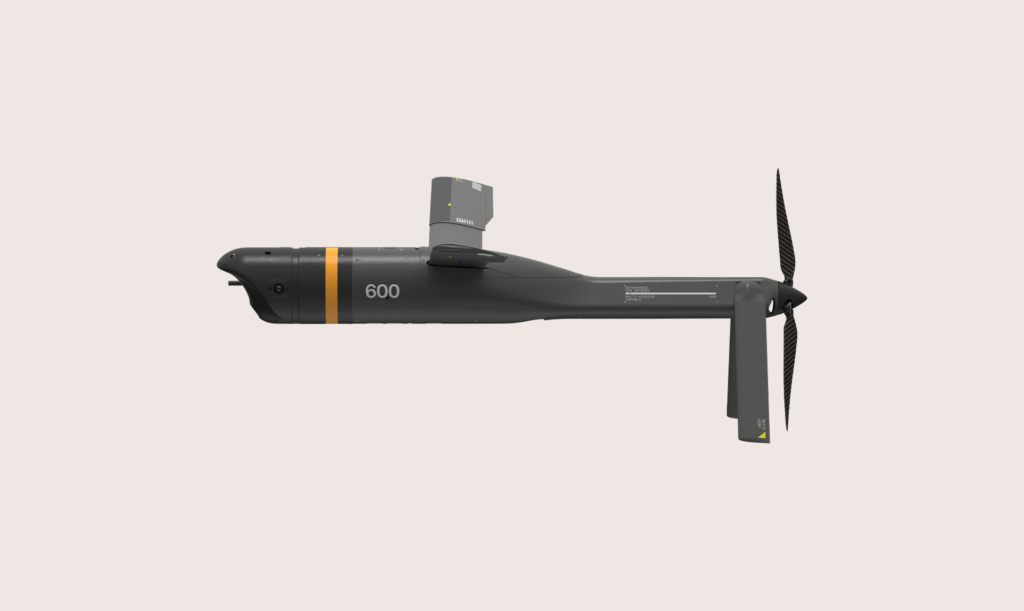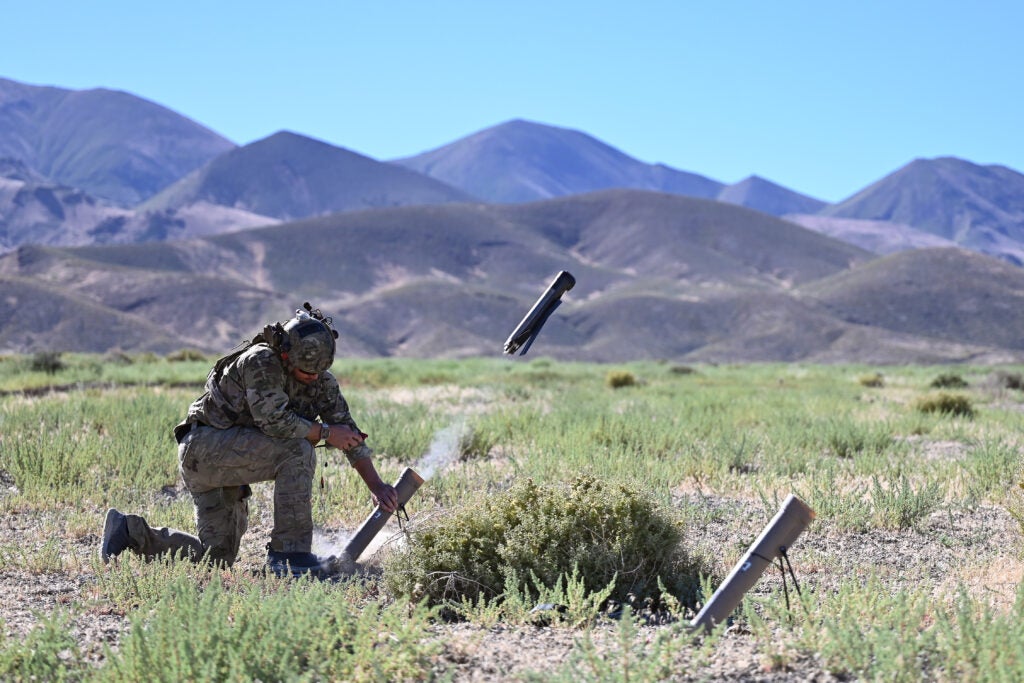U.S. State Department Approves Loitering Munition Sales To Taiwan
The United States State Department has approved the sales of loitering munitions to Taiwan worth up to $360.2 million, with the sales potentially seeing just over a thousand loitering munitions delivered to Taiwan.
The State Department’s Defense Security Cooperation Agency announced on Tuesday that it had approved Taipei’s request for a Foreign Military Sale of up to 720 of Aeronvironment’s Switchblade 300 loitering munitions, as well as 101 fire control systems.
The $60.2 million contract package also includes first line spares packs; operator manuals; operator and maintenance training; logistics and fielding support; Lot Acceptance Testing (LAT); U.S. Government technical assistance, including engineering services, program management, site surveys, facilities, logistics, and maintenance evaluations; quality assurance and de-processing team; field service representative(s); transportation; and other related elements of logistics and program support.
A separate announcement detailed the DSCA’s approval of the sale of up to 291 Anduril-built Altius 600M-V systems, comprised of an Unmanned Aerial Vehicle (UAV) loitering munition with extensible warhead and electro-optical/infrared (EO/IR) camera.

The $300 million sale also includes Altius 600 inert training UAVs; Pneumatic Integrated Launch Systems (PILS); PILS transport trailers; ground control systems; associated support, including spares; battery chargers; operator and maintenance training; operator, maintenance, and training manuals; technical manuals; logistics and fielding support; testing; technical assistance inside and outside the continental United States, including for engineering services; program management; site surveys; facility, logistics and maintenance evaluations; quality assurance and de-processing team support; field service representative support; transportation; and other related elements of logistics and program support.
As is the norm with Foreign Military Sale announcements, the costs and numbers provided are a maximum in both quantity and cost; with the final contracts possibly differing when signed after FMS approval.
While Taiwan has long pursued an asymmetric defense strategy against possible invasion by the People’s Republic of China, the Russian invasion of Ukraine has driven Western analysts to demand Taipei procure “contemporary” asymmetric systems like loitering munitions from the United States, even as Taiwan’s own military industry develops and produces indigenous loitering munitions and other unmanned systems.

